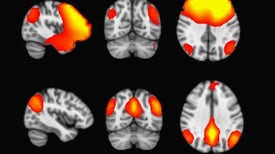
Constant Shifts between Mental States Mark a Signature of Consciousness
Both of two essential brain networks that switch roles—one is on when the other is off—shut down in unresponsive individuals

Both of two essential brain networks that switch roles—one is on when the other is off—shut down in unresponsive individuals
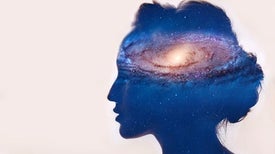
Philosopher Philip Goff answers questions about “panpsychism”
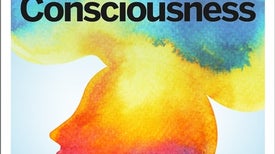
How do neurons create feelings of sadness? Or the sense of a unique self? On the other hand, could conscious thought be an illusion? The nature of conscious experience is one of the most essential, enduring mysteries, and in this eBook we explore the diverse and sometimes contentious approaches to defining consciousness, research into its physical footprints, advances in measuring conscious awareness and emerging technologies bringing artificial intelligence systems closer to adapting and learning like a human brain...

Reality is constructed by the brain, and no two brains are exactly alike
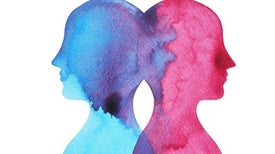
Philosopher Peter Carruthers insists that conscious thought, judgment and volition are illusions. They arise from processes of which we are forever unaware
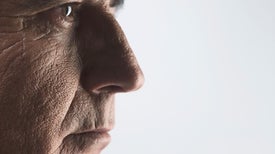
Freud’s notion of a dark, libidinous unconscious is obsolete. A new theory holds that the brain produces a continuous stream of unconscious predictions
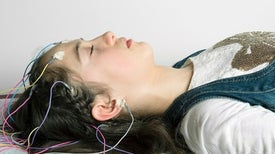
A machine learning algorithm uses EEG traces to find a patient’s odds of waking
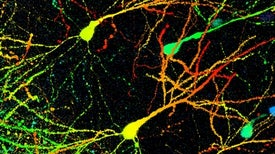
A detailed picture of cell types in some areas of the mouse cortex is put to the test

Decoding the puzzle of human consciousness

Neurologist Steven Laureys looks for signs of consciousness in unresponsive patients
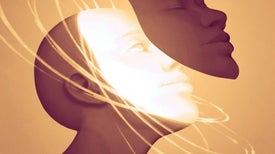
Zapping the brain with magnetic pulses while measuring its electrical activity is proving to be a reliable way to detect consciousness
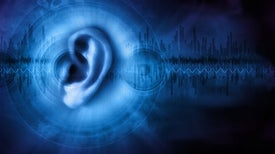
In mouse experiments, scientists bring back the “critical period” of early in life, in which the ability to process sounds emerges
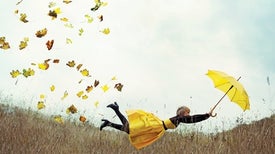
Becoming aware of your sleeping self could relieve anxiety or tap the creative unconscious

New research shows brain function associated with attention peaks during the summer and dips in winter
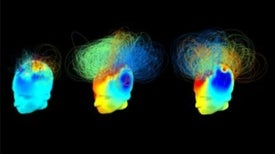
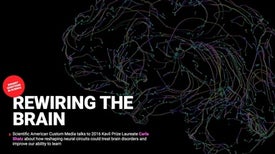
What are the physical determinants of thought and consciousness? An interactive feature on the luminary Carla Shatz and the new neuroscience explores some answers.
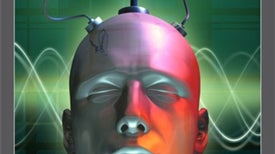
Consciousness is an enigmatic beast. It’s more than mere awareness – it’s how we experience the world.

Although we rarely remember our nighttime reveries, they may hold the key to consciousness
Support science journalism.

Thanks for reading Scientific American. Knowledge awaits.
Already a subscriber? Sign in.
Thanks for reading Scientific American. Create your free account or Sign in to continue.
Create Account